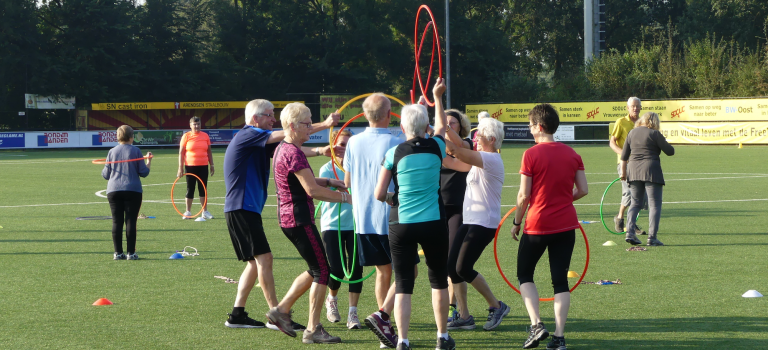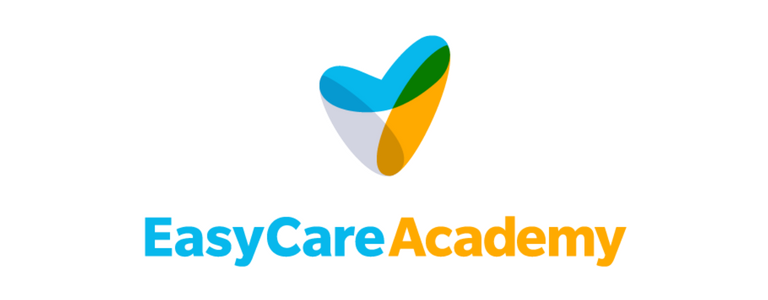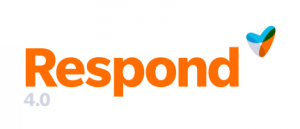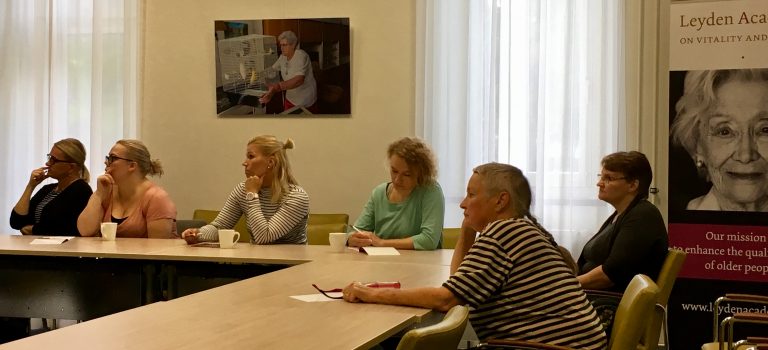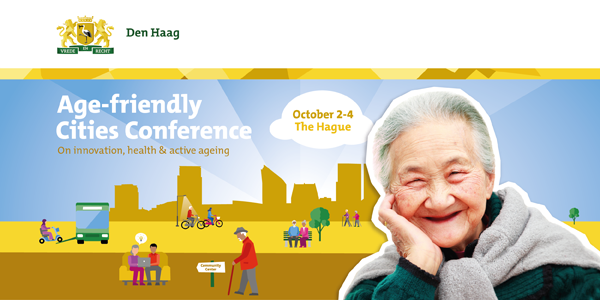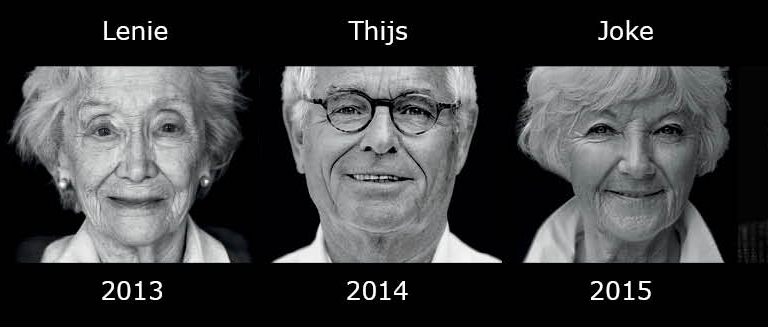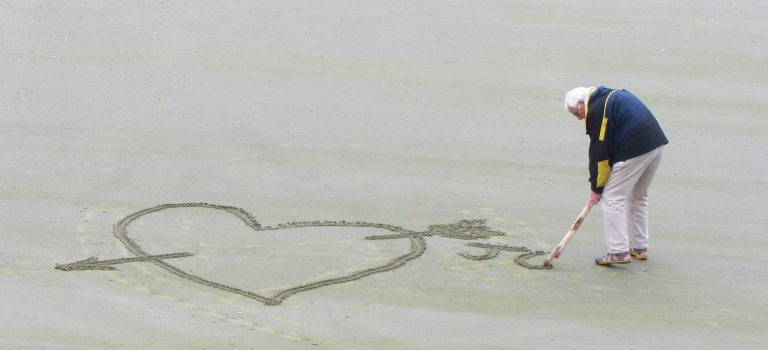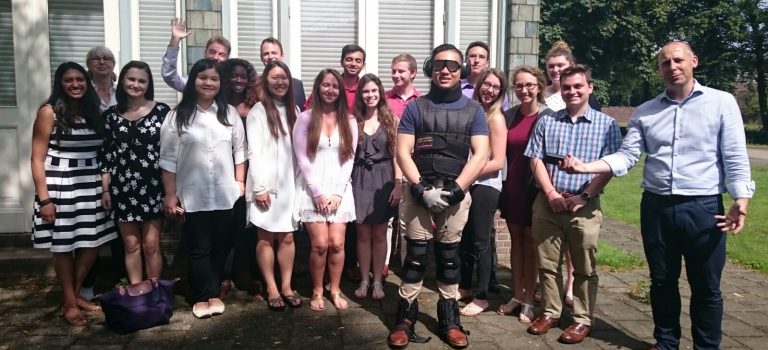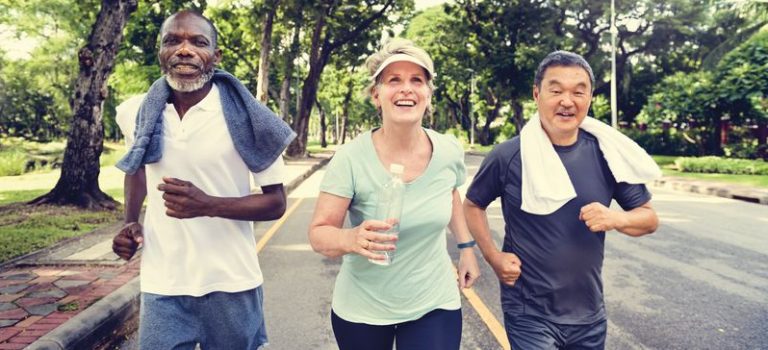Leiden, The Netherlands, 10 January 2018 – In The Netherlands, most older adults do not reach the recommended level of 150 minutes of physical activity per week. Inactivity is a major cause of age-related health problems. When coached professionally, research shows that cardiovascular disease, type 2 diabetes, and even dementia can be prevented or delayed, but there are simply not enough resources and professionals to instruct all older adults on a daily basis. As it turns out, this is not necessary. Researchers of Leyden Academy on Vitality and Ageing monitored a group of older adults in Ulft, a rural town in The Netherlands, who have taken the initiative to exercise together every morning and to coach each other, with no involvement of professionals. This type of peer coaching results in long-term involvement and the members are happier, have a bigger social network and their physical performance improves. Because of the self-sustainable character of the intervention, peer coaching has the potential to be scaled up at low cost. The results were published on 9 January 2018 in the scientific journal Translational Behavioral Medicine.
Peer coaching works
People who pursue a common goal, achieve more. A well-known example of peer coaching is Alcoholics Anonymous, which provides health benefits to millions of people without the involvement of healthcare professionals. The 69 members of the FreeWheel Club in Ulft, with an average age of over 65 years, motivate each other since 2010 to exercise together for an hour each morning. Researchers from Leyden Academy interviewed the participants and analysed the results of a standard six-minute walk test between 2014 and 2016. Where most studies show a decline of 2-7 meter per year in the general population, members of the FreeWheel Club show an increase of 22 meters per year. Participants also reported a significant decrease in weight, and self-rated measures of quality of sleep, quality of life and physical capacity all improved significantly.
Persuade more people to become active
Many age-related diseases such as cardiovascular disease, hypertension, type 2 diabetes, obesity, dementia and osteoporosis can be prevented or delayed by daily physical activity. In older adults it also reduces anxiety, depression, the risk of falls and increases mobility, quality of life and longevity. Unfortunately, most Dutch older adults do not reach the recommended level of 150 minutes of physical activity per week. So the question is not whether physical activity is good for you, but how we can persuade people to become more active, says researcher David van Bodegom. “Professional interventions, for instance by physiotherapists, are effective, but always temporary and they can only reach a limited amount of older adults. In Ulft we see how participants motivate each other to exercise daily. Anyone can start such an initiative in their own community.” The peer coaching model could be a promising solution to the demographic challenge of the growing number of older people with age-related health problems, loneliness and increasing healthcare costs. With the initiative ‘Vitality Club’, Leyden Academy currently explores whether, and under what conditions, this successful proof-of-principle could provide a basis for future implementation elsewhere. In the city of Leiden, we have set up three experimental peer coaching sports clubs for older adults.
The article ‘Vitality Club: a proof-of-principle of peer coaching for daily physical activity by older adults’ by Paul van de Vijver, Herman Wielens, Joris Slaets and David van Bodegom was published in scientific journal Translational Behavioral Medicine on 9 January 2018.
For more information, please contact Niels Bartels (communications manager) by phone +31 (0)71 524 0960 or by email.
